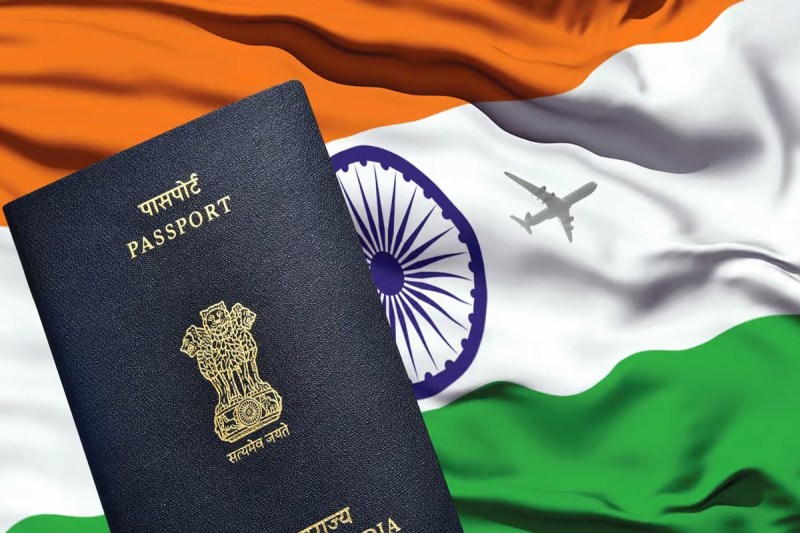
Saudi Arabia has taken a significant step in view of the Hajj season. The Saudi administration has temporarily suspended block work visas for 14 countries, including India and Bangladesh. This decision is reportedly aimed at curbing visa misuse and preventing individuals from participating in the Hajj pilgrimage without permits. According to the Saudi administration, this decision will be in effect until June 30th.
Saudi Arabia has imposed a ban on 14 countries: India, Bangladesh, Pakistan, Algeria, Egypt, Indonesia, Iraq, Jordan, Yemen, Morocco, Nigeria, Ethiopia, Sudan, and Tunisia. The Saudi government has also temporarily suspended other types of visas, such as e-visas, family visit visas, and tourist visas. All restrictions are related to the current Hajj season.
The Saudi government issues block work visas to employers. These employers then distribute them to their employees, allowing them to bring a group of workers into the country to meet workforce demands. In Saudi Arabia, this type of visa is the first step in providing employment for foreign nationals.
Block work visas are primarily used in various industries, such as hospitality, construction, and domestic services. These sectors heavily rely on workers from South Asia and parts of Africa.
Media reports have highlighted instances where individuals enter the country on work visas and then perform Hajj without the required permits. This leads to overcrowding and makes it difficult to maintain health and safety standards during the pilgrimage. The Saudi administration wants to avoid any inconvenience during this year's Hajj.
175,000 people from India will go to Saudi Arabia to perform Hajj. Every year, approximately 2.5 million Muslims from around the world participate in this sacred pilgrimage. During Hajj, Muslims circumambulate the Kaaba (Baitullah) and spend time in the worship of Allah. Hajj is a mandatory religious duty for every Muslim and is one of the five pillars of Islam.
Big News
View AllWorld
Trending
